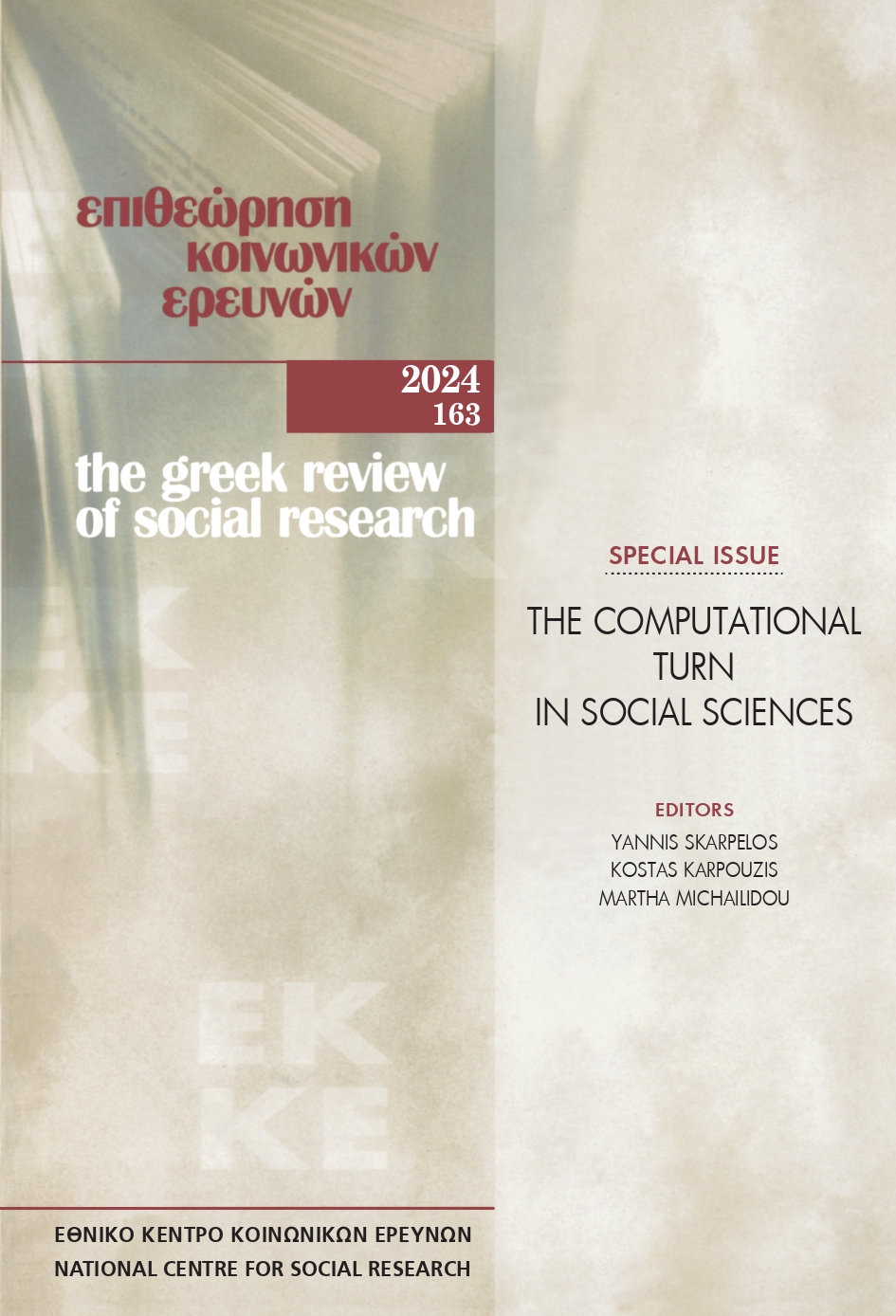‘‘We don’t really know how it’s going to work’’: The front-end and back-end processes of action-led research at Tate

Abstract
The paper considers the front-end and back-end processes of art production as a methodological format and a metaphor for conducting research in museums and other cultural institutions in the age of computation and rapid technological innovation. Beyond their use in software architecture, those two terms can be ways of embedding research inside an institution. Informed by research projects embedded in museums as well as through my observations from the specific case study of BMW Tate Live: Performance Room the paper explores how cultural agents assimilate the technological present and how cultural value is produced in this context. Examining this experimental project of performance art staged live online on Tate’s YouTube channel and the conceptualisations of the digital audiences that emerged throughout the programme’s development highlighted how the institutional authority upon the production of art knowledge translates into online interfaces. The museum’s ambivalence to extend its art programming in a digital, distributed, ecosystem poses wider questions about the ways that contemporary art institutions can comprehend the technological moment and whether they can be up to speed with a computational present and future.
Article Details
- How to Cite
-
Zouli, I. (2024). ‘‘We don’t really know how it’s going to work’’: The front-end and back-end processes of action-led research at Tate. The Greek Review of Social Research, 163, 173–192. https://doi.org/10.12681/grsr.38515
- Section
- Articles

This work is licensed under a Creative Commons Attribution-NonCommercial 4.0 International License.
Authors who publish with this journal agree to the following terms:
- Authors retain copyright and grant the journal right of first publication with the work simultaneously licensed under a Creative Commons Attribution Non-Commercial License that allows others to share the work with an acknowledgement of the work's authorship and initial publication in this journal.
- Authors are able to enter into separate, additional contractual arrangements for the non-exclusive distribution of the journal's published version of the work (e.g. post it to an institutional repository or publish it in a book), with an acknowledgement of its initial publication in this journal.
- Authors are permitted and encouraged to post their work online (preferably in institutional repositories or on their website) prior to and during the submission process, as it can lead to productive exchanges, as well as earlier and greater citation of published work (See The Effect of Open Access).


